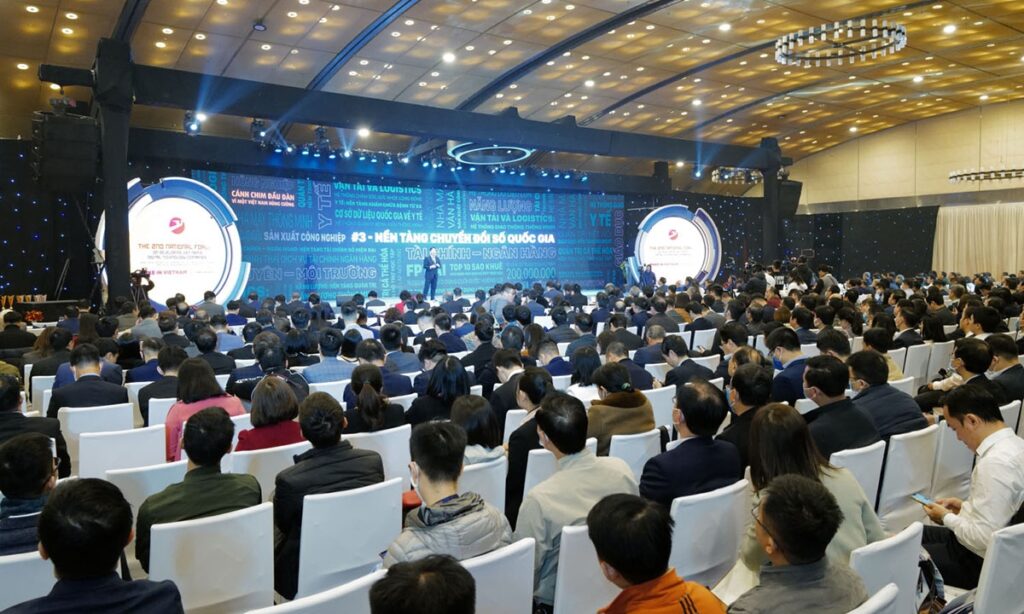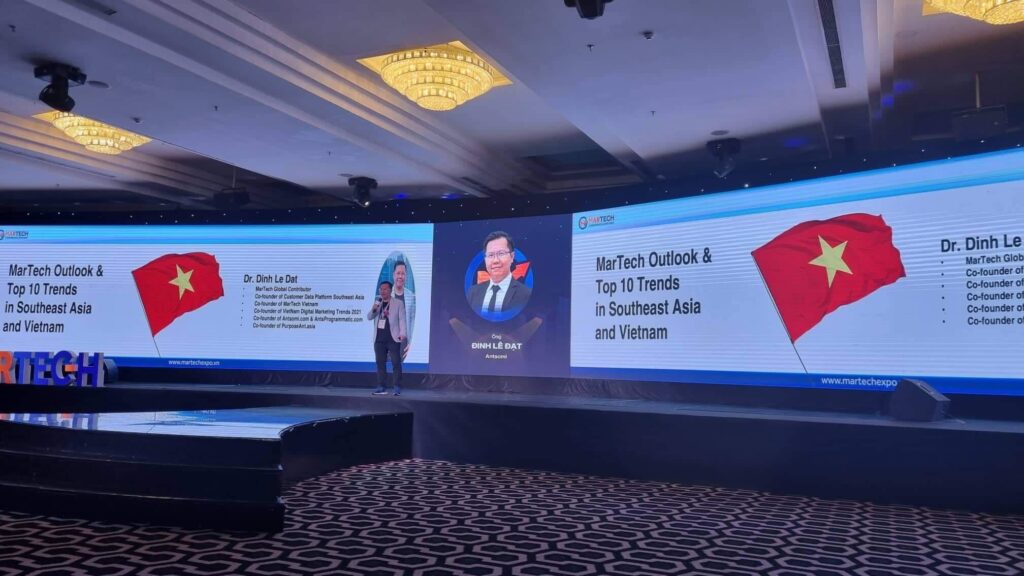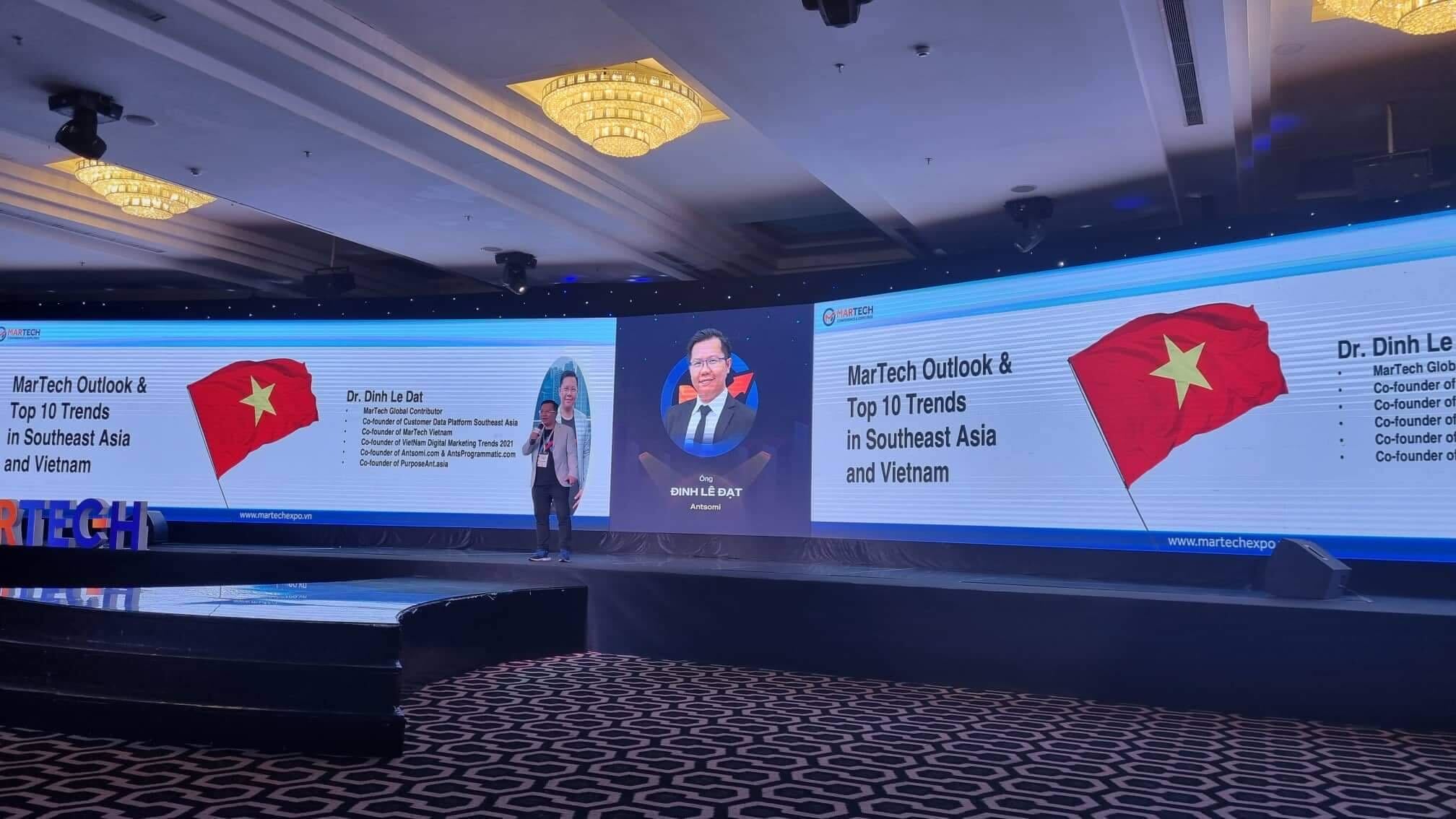
The rapid pace of technological innovation and the adoption of new technology-enabled business practices are causing significant changes across industries. In this article, we will explore the effects that technology trends are having, and could have, on various sectors in Vietnam. By delving deeper into these trends, we aim to provide valuable insights and analysis in the coming months.
I.Industries and Technological Trends
A comprehensive analysis of news reports mentioning companies in 20 sectors alongside different trends revealed that most sectors have a meaningful association with five or more trends. Mature and sustainability-focused trends exhibit close connections with multiple industries. Additionally, nascent trends also show moderate connections with numerous sectors. Notably, the automotive, manufacturing, telecommunications, and technology sectors are closely linked to at least one trend and moderately associated with several others.
II.Silicon Age: Embracing Technological Disruptions

a) Networks of the Future: The evolution of networks involves traditional cloud data centers and computational resources located at network edge nodes. This combination enables industries to leverage cloud computing benefits while enjoying advantages such as improved data latency and increased data autonomy. Cloud technology has already brought about significant changes across sectors and will continue to be a transformative force.
b) Immersive Reality: The immersive reality market is projected to grow at a CAGR of around 24% until 2035, driven by factors such as increased smartphone and connected device usage, as well as the adoption of 5G networks. Immersive reality solutions have immense potential, especially among the world’s 2.7 billion deskless workers, who represent approximately 80% of the global workforce and are concentrated in eight key industries.
c) Industrializing Machine Learning (ML): ML workflows are crucial in bringing AI and ML into real-world business use. Industrializing ML solutions offer software and hardware technologies that scale ML workflows and simplify the development and deployment of ML applications. This advancement has the potential to impact all industries by reducing barriers to reliable ML development.
d) Next-Generation Software Development: The future of software development involves tools that enhance application development processes and software quality throughout the software development life cycle. This includes AI-enabled development and testing, as well as low-code/no-code tools that streamline the development process.
e) Quantum Technology: Emerging quantum technologies have the potential to revolutionize computational, networking, and sensory infrastructure in the coming decades. These technologies unlock unprecedented use cases and capabilities, paving the way for new advancements previously unimaginable.
f) Digital Trust Technologies: With increasing cyberattacks and data breaches, digital trust technologies empower organizations to build, scale, and maintain stakeholders’ trust in the use of their data and digital-enabled products and services. These technologies provide a competitive advantage by ensuring data security and privacy.
g) Web3: Web3 encompasses platforms and applications that enable a shift toward a decentralized internet with open standards and protocols. It prioritizes digital ownership rights, grants users greater control over their data monetization, and catalyzes new business models. The talent and investment in Web3 have witnessed rapid growth in the past year, with expectations of long-term expansion.
III.Engineering Tomorrow: Shaping the Future

a) Bioengineering: The future of bioengineering lies in the convergence of biological and information technologies. It encompasses four arenas: biomolecules, biosystems, biomachine interfaces, and biocomputing. Recent years have witnessed significant advancements in biomolecules and biosystems, transforming businesses and society.
b) Clean Energy Future: The global trend toward achieving net-zero emissions across the energy value chain has led to the emergence of clean-energy solutions. Renewable energy can meet approximately 84% of the world’s growing power demand, which is estimated to triple by 2050.
c) Mobility: The transportation industry is undergoing a transformative shift toward autonomous, connected, electric, and smart (ACES) technologies. This transition promises to disrupt markets while improving the efficiency and sustainability of land and air transportation for both people and goods.
d) Sustainability: Sustainability is no longer optional but essential. To avoid an environmental crisis, a 90% reduction in emissions coupled with emission removal is necessary. This creates a $4 trillion to $6 trillion addressable market focused on industrial and individual end-use by 2030.
In conclusion, these types of changes will speed up and become more significant in the future, similar to how they have evolved over the past three decades since the beginning of the internet revolution. These trends will not only transform the competitive environment but also have increasingly profound impacts on society. They will reshape markets, increase productivity, stimulate economic growth, and improve people’s lives and livelihoods.
Key Points Summary
- Technology trends are influencing various sectors in Vietnam, with mature and sustainability-focused trends showing strong connections to multiple industries.
- The Silicon Age brings advancements in networks, immersive reality, industrializing machine learning, next-generation software development, quantum technology, digital trust technologies, and Web3.
- Engineering Tomorrow focuses on the convergence of biological and information technologies, the clean energy transition, ACES mobility technologies, and the growing importance of sustainability.
- These trends present significant opportunities and challenges for businesses in Vietnam, shaping the future of industries and driving innovation and growth.
To explore the potential of these technology trends and receive tailored support for your organization, we invite you to contact our Vietnam team. Our experts are dedicated to helping businesses navigate the evolving technological landscape and leverage the opportunities it presents for success.

Leave a Reply